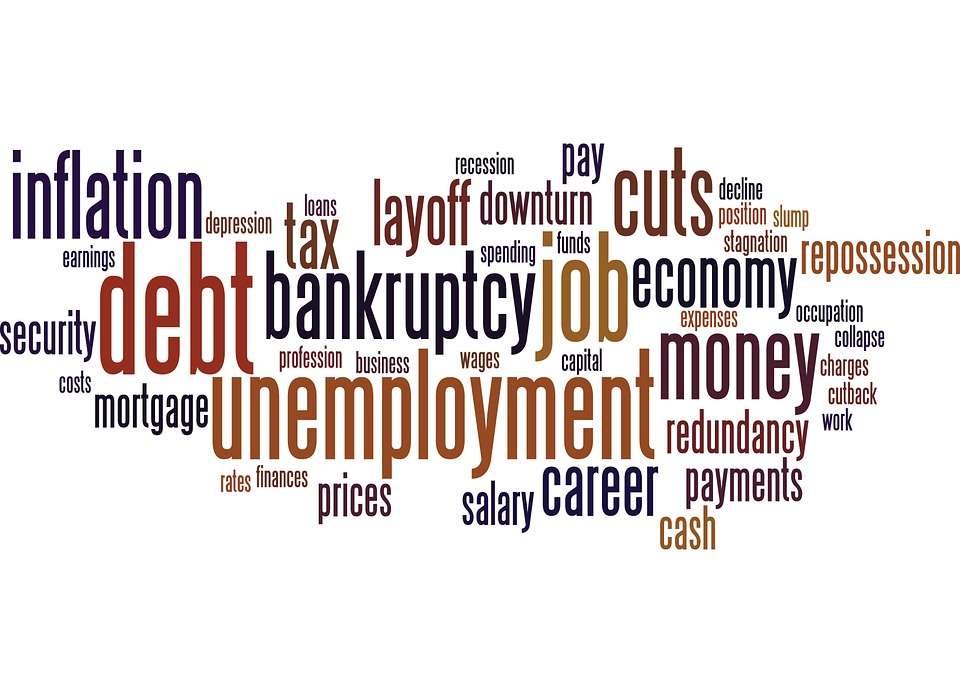
A closer look at Brazil’s economic meltdown
Brazil is undoubtedly Latin America’s largest country and a dominant player when viewed from an economic perspective. Brazil steadily rose to financial stability not until 2015, when the economy started declining. In 2015, the decline rates were estimated 3.8 only for it to shrink by 3.6% in 2016. The heat is slowly becoming too hot to bear considering that unemployment rates stood at 12.6% in January 2016 right from 9.5% in 2015. Despite hints of recovery, nothing seems forthcoming.
Corruption – Major contributor to Brazil’s economic recession

Part of Brazil’s economic downfall is was orchestrated by corrupt dealings among government officials. These alleged dealings took center stage when the country was planning to host the 2016 Olympic Games. The consequences of this fraudulent have sparked anger among the citizens who were quick to show their wrath by vandalizing Olympic facilities and stadium infrastructure. As a result, some politicians found themselves behind bars. Corrupt dealings are believed to have partly led to the impeachment of President Dilma Rousseff.
Consequences
The shilling has lost value
It is believed that the Real has lost more than 10% of its value to the US dollar. This has consequently led to an increase in the price of imports. Since the costs of goods produced or imported in the country are now at a record high and Brazilians have little disposable incomes, the cost of living has become unbearable.
Reduced personal spending
With most Brazilian below the poverty line, most citizens are left with little to spend. If exports remain down while Brazilians are not buying much, things are expected to stay as they are until something radical happens to the Brazilian economy.
Reduced investments
Despite lack of confidence among its citizens, investors too remain skeptical. With most investor unwilling to inject their money into the economy, economic growth is certainly impossible unless things change.
Reaction to corruption
 In attempts to get the country back to its feet, brazils current government led by president Michel Temer who took office right after the impeachment. In his tenure, parliament passed financial laws aimed at capping public spending. As much as popular investors highly lauded this move, it has been met with fierce criticism by the population who are still wallowing in poverty and unemployment.
In attempts to get the country back to its feet, brazils current government led by president Michel Temer who took office right after the impeachment. In his tenure, parliament passed financial laws aimed at capping public spending. As much as popular investors highly lauded this move, it has been met with fierce criticism by the population who are still wallowing in poverty and unemployment.
As things are, notable political observers have voiced their concerns while some like arthur pinheiro machado going to great lengths to offer possible political and economic solutions. Ideally, the economic stability of these South American nation can only be realized when political class, politicians, citizens and all other stakeholders are involved.
…
